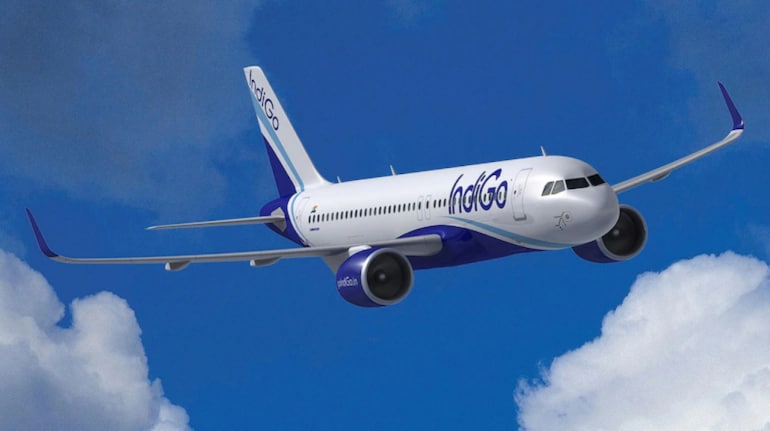



IndiGo, India’s largest carrier, started off the Paris Air Show with a bang by signing a purchase agreement for 500 A320neo aircraft.
The new order, the largest in the history of aviation, was signed at a time when IndiGo has a pipeline of around 470 aircraft still to be delivered by 2029.
This historic deal is pegged at $50 billion at list prices, and the airline will take delivery of these new aircraft between 2030 and 2035.
However, the actual cost of acquisition is expected to be significantly lower, as such big deals happen at a substantial discount to list prices.
IndiGo now has a backlog of over 970 aircraft from Airbus. This is over double the total order Air India has placed with Airbus and Boeing.
So, why has India’s largest airline placed a new order for jets?Pieter Elbers, Chief Executive Officer (CEO) of IndiGo, said that the airline's record order for 500 A320 family aircraft will give the budget carrier ample time to plan out its future.
"The new order speaks about the growth potential that Indian aviation holds. It gives IndiGo time to elaborately plan our domestic and international network and also our pilot requirements, going forward," Elbers said.
He added that IndiGo will look to double its current fleet by 2030 and has plenty of time and flexibility to decide on the specific aircraft to buy under the current order of 500 planes.
According to aviation analysts, officials, and experts, IndiGo’s new order not only secures its own future and profitability but also makes it harder for other airlines to compete with IndiGo going forward..
According to aviation analyst Ameya Joshi, IndiGo has placed the new order to ensure non-stop deliveries of aircraft to its fleet until 2035.
"Airbus has a backlog of over 6,000 planes for the A320 family. A look at the order book and mapping it against the production rate estimates show that the earliest available slot for the A320neo family is in 2030. In simple terms, if an airline wants a plane in 2030, it has to place an order now," Joshi said.
He added that in order to garner 50 percent market share in the domestic Indian aviation market in 2033, IndiGo would need to double the number of planes it has now.
"With rival Air India’s induction plan known, it is easier for IndiGo to plan the fleet expansion to maintain its lead in the market," Joshi added.
Similarly, a former senior executive of an Indian airline company said that not only has IndiGo locked in delivery slots for the next decade by way of this order, but it has also given itself the flexibility to auction off its delivery slot for a premium should the need arise.
"Delivery slots are very precious in aviation, and airlines often tend to lock in delivery slots, which not only ensures continuous jets when required but also gives them the option to auction off the delivery slot if profitability is hit," the executive said.
Another executive from a domestic airline said that around 200–300 planes from the new order will be used for replacing older planes in IndiGo’s fleet, which is key to IndiGo, which operates one of the most efficient fleets in India.
"IndiGo operates on razor-thin margins. Efficiency is key for them to be profitable, and newer planes are the key to high efficiency," the executive said.
He added that, apart from efficiency, through the new order, IndiGo has assured that it will be given first pick for any new aircraft that Airbus will launch before 2030.
"Airbus has said that it will launch a new single-aisle programme by 2025–26 as the replacement for the A320 family. IndiGo’s new deal will give it the negotiating power to upgrade to the newer aircraft from 2030," the executive said.
IndiGo’s large order book is also expected to help the airline negotiate more profitable leases in the future, which will help fund some of the fleet acquisitions.
"IndiGo is the biggest bright spot in the Indian aviation industry, and lessors from around the world will be rushing to work with IndiGo following this new order," a senior executive from a leasing firm said.
He added that due to its enormous fleet and leasing history, IndiGo will hold the negotiating power for newer planes when deliveries start.
In a sale and leaseback model, an airline acquires the aircraft and sells it to a lessor before leasing it back for use. The sale is usually at a profit, which helps with cash flow.
Discover the latest Business News, Sensex, and Nifty updates. Obtain Personal Finance insights, tax queries, and expert opinions on Moneycontrol or download the Moneycontrol App to stay updated!
Find the best of Al News in one place, specially curated for you every weekend.
Stay on top of the latest tech trends and biggest startup news.